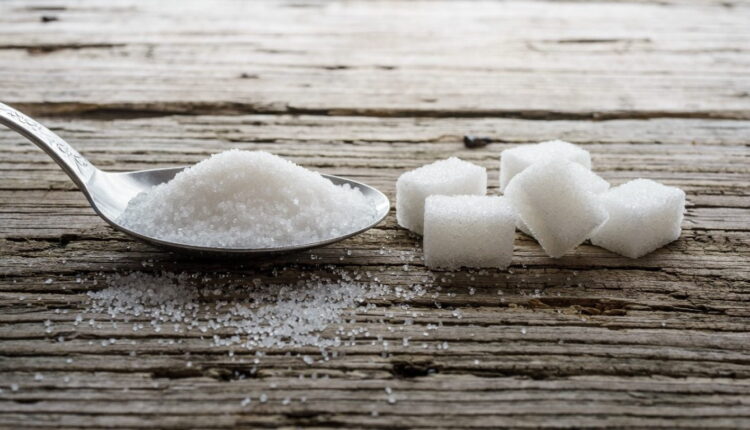Şeker Tüketimi Kansere Neden Olur mu
Şeker Tüketimi Kansere Neden Olur mu
Şeker tüketmek kansere neden olur mu ya da şeker tüketmek kanserin yayılmasına çoğalmasına neden olur mu
Sık sorulan, merak edilen ve çoğu zaman cevabı yanlış verilen bir soru
1920 yılında Alman Doktor Otto Warburg kanser hücrelerin normal dokuya göre çok fazla şeker tükettiğini tespit etti. Tıp dünyasında bu etkiye Warburg effect denir. Ama maalesef arada 100 yıl geçmesine rağmen hücre içi enerji yolağında ki değişim tam olarak açıklanamadı.
Peki bu gözleme dayanarak şekerin kanser yaptığı ya da kanseri hızlandırdığını söyleyebilir miyiz?
Çok sayıda epidemiyolojik çalışmalar şeker tüketmekle kanser arasında doğrudan bir ilişki olmadığını göstermiştir.
Şeker tüketimini normal hücreler gibi kanser hücreleri de enerji üretmek için kullanır
Ama şeker tüketiminin obeziteye yol açtığını, obez oranın artmasıyla, kanser dahil çok sayıda hastalığın artacağı bilinmektedir.
American eart Association(Amerika Kardiyoloji Derneği), kadınlar için şeker tüketimini 6 çay kaşığı, yaklaşık 25 gram, 100 kalori ve erkekler için 9 çay kaşığı yaklaşık 36 gramla, 150 kalori sınırlandırılmasını önermektedir.
Fakat Amerika’da kişi başı şeker tüketimi istenenin çok üstünde 500 kalori olarak saptanmıştır.
Özelikle Gıdalar tüketilirken içeriğine dikkatli bakmam gerekir
Glukoz dışında fructose lactose sucrose maltose dextrose miktarı göz önüne alınmalıdır.
Özelikle bazı soslarda, meyve sularında ve konservelerde önemli oranda şeker olduğu gözden kaçırılmamalıdır.
Doğal şekerlerin tüketilmesi özelikle önerilmektedir
Bazı doğal şekerlerin antioksidan özeliği olduğu bilinmektedir. Örneğin, doğal bal gibi.
Doğal tatlıların şekerle aynı kaloriye sahip olduğunu gözden kaçırmamak lazım.
Yapay tatlandırıcıların hayvan deneylerinde kanser yaptığı gözlenmekle beraber, insanlarda kansere neden olduklarına dair bulgular yoktur. Mümkün oldukça uzak durmakta fayda var.
Özet: Şeker doğrudan kansere neden olmaz, kanserin dağılmasına sebep olmaz. Günlük sınırlı ölçüde ve mümkün oldukça doğal şeker tüketmek lazım. Gıdaların içinde saklı şekerler konusunda uyanık olmak lazım.
Kaynak
mdanderson.org/…/FOH-cancer-love-sugar.h14-1589835

